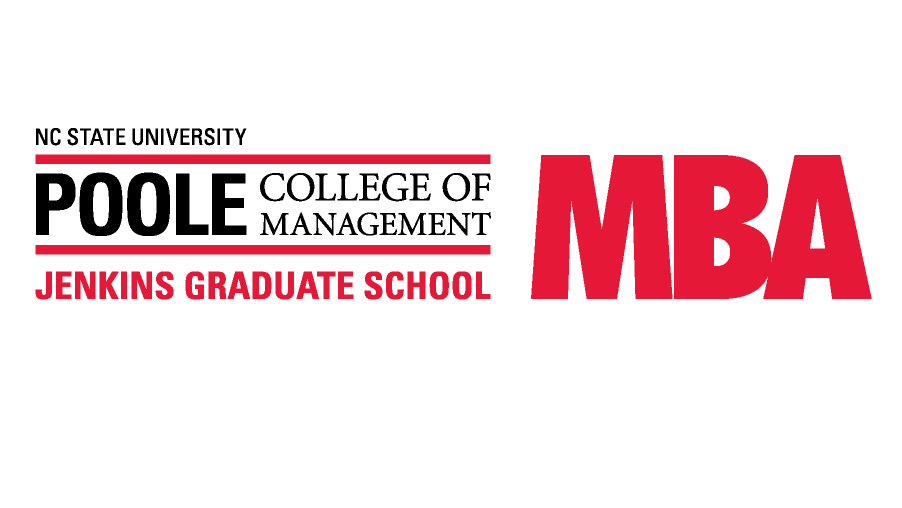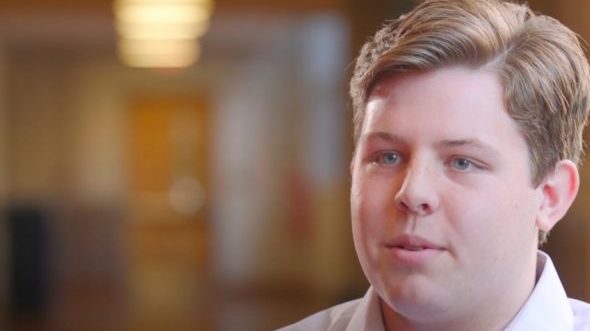Jacob Traverse

Jacob Traverse, Jenkins MBA/MMB, 2006
Degrees earned: North Carolina State University: Jenkins MBA, Poole College of Management, 2006, PSM in Microbial Biotechnology, 2005 and Bachelor’s in Botany, 2001
Organization: NC Biotechnology Center
Title: AgBiotech Enterprise and Technology Development Director
How did you first become interested in sustainability?
When I was in school, sustainability was a new concept. Today, it’s something that’s quite integrated into industry, both B2B as well as B2C. Most companies today have some sort of sustainability management role or strategyat some level. To me, sustainability is a vital part of doing business, considering not only the financial bottom line but the impact on the consumer and the natural world.
How does your background in biotechnology connect with your career’s sustainability focus?
To me, it’s clear that biotechnology has a strong connection to sustainability. Biotechnology involves an understanding of how cells and organisms work – well, the environmental impacts of an industry relate to how ecological systems, how organisms are impacted. We’re actually using the technology of nature to make products, services, and industries more sustainable around the globe. Today, biotechnology helps make water and food safer, helps to heal us through drugs and health solutions, helps preserve food on the shelf, and helps provide opportunities to lower the impact of producing food and other products.. Also, biotechnology has become of the most quickly adopted technologies in human history.
How is sustainability important in a largely B2C context?
For one thing, you want to continue to have customers! And you want them to continue to appreciate you as a service or product provider. We’re seeing that customers today demand not only products that serve their needs, but a focus on giving back to the community and the environment.
What’s your advice for students who want to gain experience and exposure to these topics?
I helped to cofound our chapter of Net Impact, which not only allowed us to engage with partners on campus and in the community, but other professionalsacross the state and the nation. For two years, we raised funds to send teams to national conference events at Northwestern University in Chicago, IL and Stanford University in Palo Alto, CA. We met with companies and other MBA students engaged in sustainable enterprise and discussed careers, technology and the principles of sustainability. It was great to learn that an MBA can be a great fit for careers in sustainability.
What’s next for your career?
We are just scratching the surface in terms of how biotech can affect food production, human health, and the production of materials in many different ways. If you can reduce chemical inputs and water usage, you’re already having a huge impact on the health of a community.
ethically.
- Categories:


